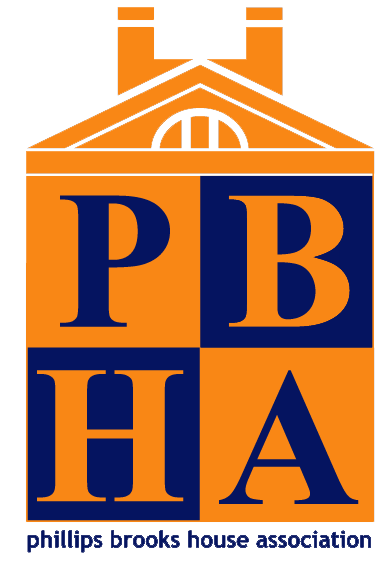Harvard Organization for Prison Education and Advocacy (HOPE)
The Harvard Organization for Prison Education and Advocacy tutors incarcerated people in facilities in the Boston area. We also provide scholarships for formerly incarcerated people who want to advance their education. Finally, we engage in advocacy to raise awareness about and engage with carceral issues.
-
Volunteers can fill out the PBHA Common App
-
People can apply for our scholarships by emailing our email: hope@pbha.org
